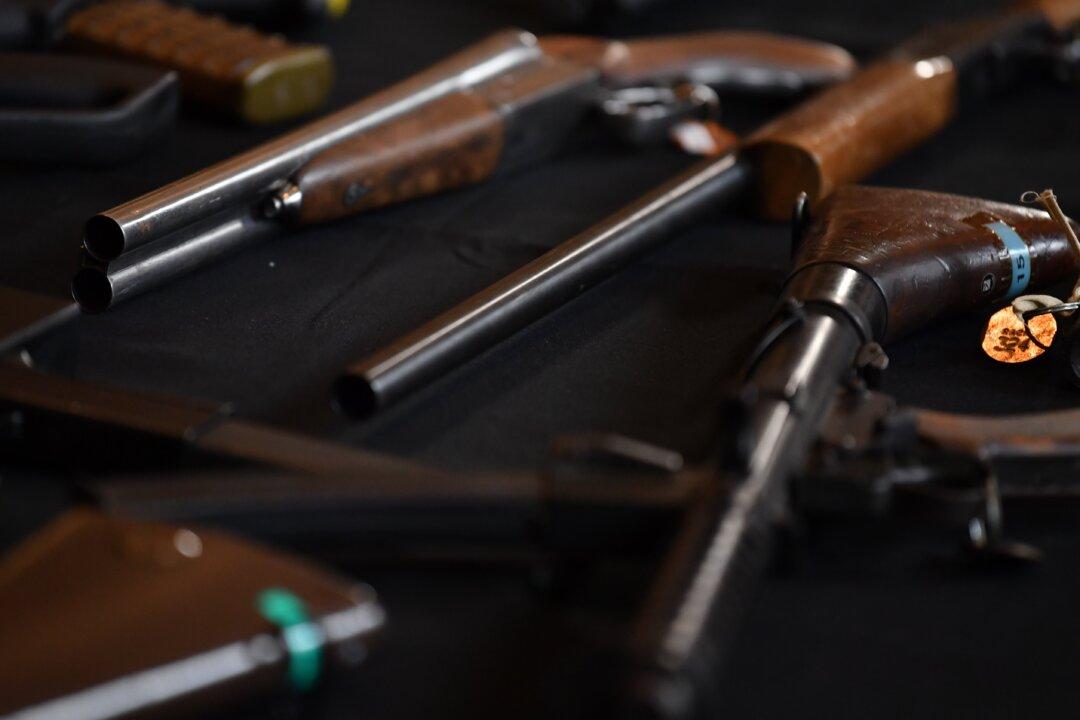Outlawed motorcycle gangs may need to use other means to showcase their criminal misdemeanour and villainous prowess—at least in the Australian State of Tasmania—as the state government seeks to amend its laws on gun ownership and usage.
In a Feb. 1 statement, Tasmania’s Minister for Police, Fire and Emergency Management, Felix Ellis, said criminal activity and gun violence were the key focus of these reforms, which is currently open for community consultation until March 17.





